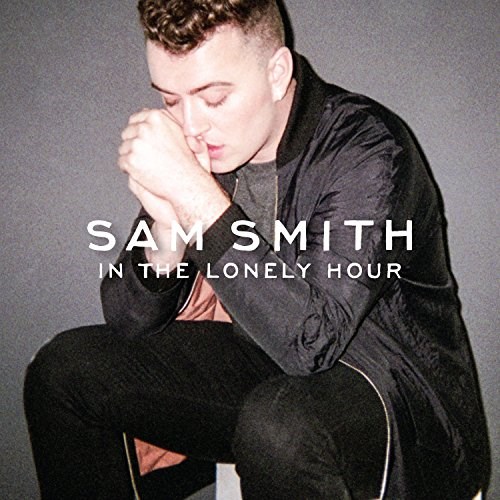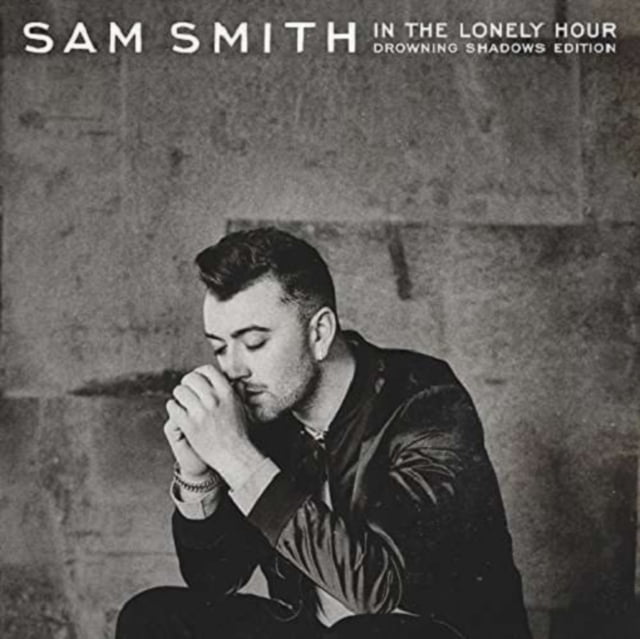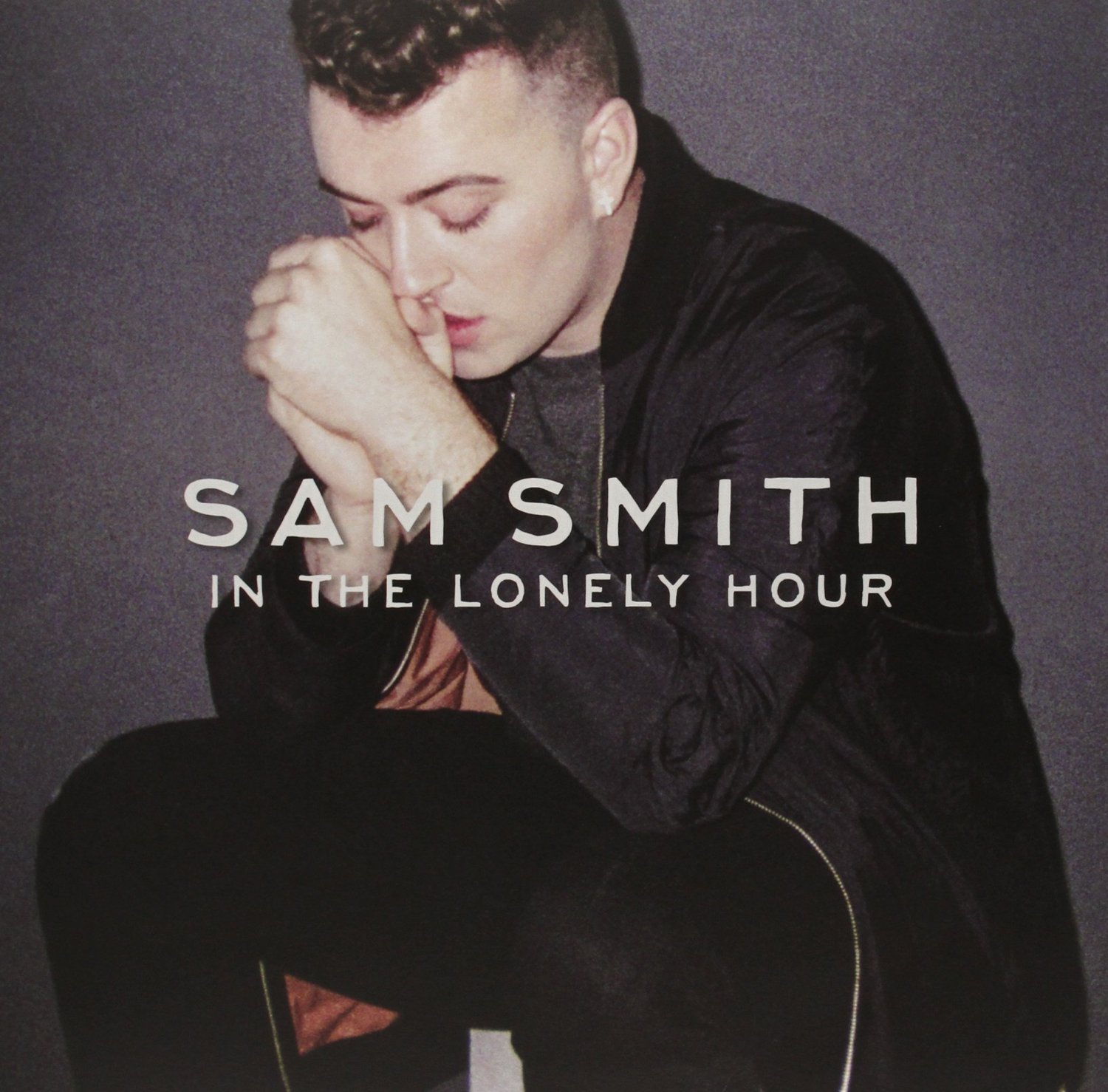

And it’s also one that assumes love and sex (of whatever sort) are interchangeable.Review Summary: The proclaimed "male version of Adele" brings in a solid debut record that sees Smith directing his music for a more sadder tone. This is one of the most despondent albums I’ve heard in a long time.

Sam smith in the lonely hour album composer tv#
So in the same way that homosexual characters on TV have strongly influenced our culture’s rapidly changing thoughts about sexuality in the last decade or two, I wonder how much homosexual singers might further influence the way music lovers understand and relate to their own sexual longings and temptations.Īpart from Sam Smith’s sexual orientation and how it affects the way we hear his songs, I will also hasten to add that In the Lonely hour is definitely that … lonely. In one significant way, however, Smith is on the cultural vanguard of something relatively new: an openly gay artist talking about love in ways we’re used to hearing only straight artists sing about it. Anyone who’s ever been on the receiving end of romantic rejection will likely relate to the forlorn feelings Smith invokes here. In many ways, Sam Smith’s debut is just like myriad other albums over pop music’s long history that have narrated the sad story of a broken heart. “Life Support” confesses, “I built this bed for me and you,” then practically begs, “Could you see that I am yours/So will you be my life support?” “I’ve Told You Now” repeats the phrase “what the h-.” And “Like I Can” acknowledges that the object of Smith’s affections may have had other partners (“There may be lovers who hold out their hands”), but argues that their spiritually tortured personalities actually make them a perfect match (“We both have demons that we can’t stand/I love your demons, like devils can”). “Leave Your Lover” finds Smith pleading with someone to do just that via this desperate promise: “I will give you all of me/Just leave your lover, leave him for me.” That theme gets a half-turn on “I’m Not the Only One,” a story about a man staying with a sexual partner he knows is cheating on him (“You say I’m crazy/’Cause you don’t think I know what you’ve done/But when you call me baby/I know I’m not the only one”). Physical and emotional intimacy mingle again on “Lay Me Down,” as we hear, “Your touch, your skin/Where do I begin?/ … Can I lay by your side, next to you, you?/ … I don’t want to be here if I can’t be with you tonight.” … It’s about a guy and that’s what I wanted people to know-I want to be clear that that’s what it’s about.”Ī night of casual sex on the hit single ” Stay With Me” isn’t exactly the end goal for Smith, but he still uses it to soothe his soul (“Guess it’s true, I’m not very good at a one-night stand/ … This ain’t love, it’s clear to see/But darling, stay with me/ … And deep down I know this never works/but you can lay with me so it doesn’t hurt”). So bare does Smith lay his soul, in fact, that by the end of the album I found myself wanting to look away from his heartsick agony out of a basic sense of decency and dignity.Ĭulturally and morally complicating this sweeping sadness is the fact that in the weeks leading up to the album’s release, Smith addressed and confirmed rumors regarding his sexual orientation, telling, “ In the Lonely Hour is about a guy that I fell in love with last year, and he didn’t love me back. On the other nine, this much-ballyhooed soul singer (whose fragile, plaintive falsetto eerily echoes that of Simply Red frontman Mike Hucknall) autobiographically chronicles his utter relational and personal devastation. Only one song here isn’t about that topic.

In this collection of emotionally raw songs about rejection, the 22-year-old Briton makes quite a convincing play for becoming the Patron Saint of Unrequited Love. But it could just have easily been called It’s a Sad, Sad, Sad, Sad World. Sam Smith’s debut album is titled In the Lonely Hour.


 0 kommentar(er)
0 kommentar(er)
